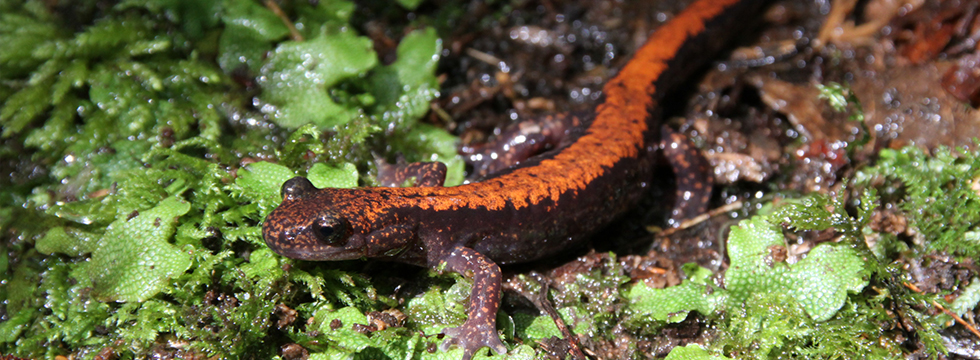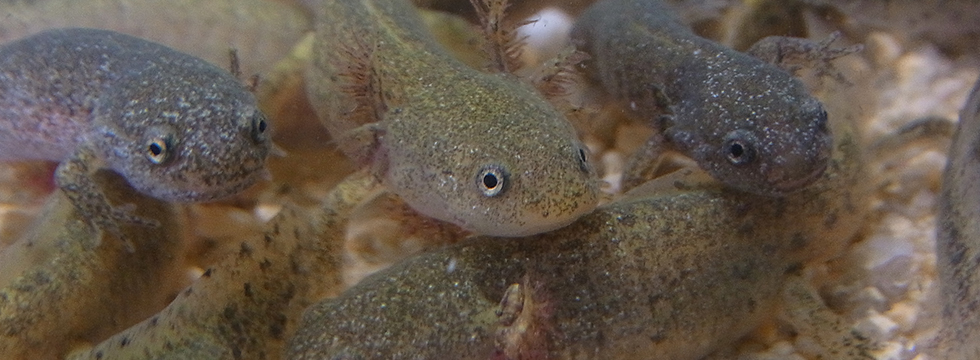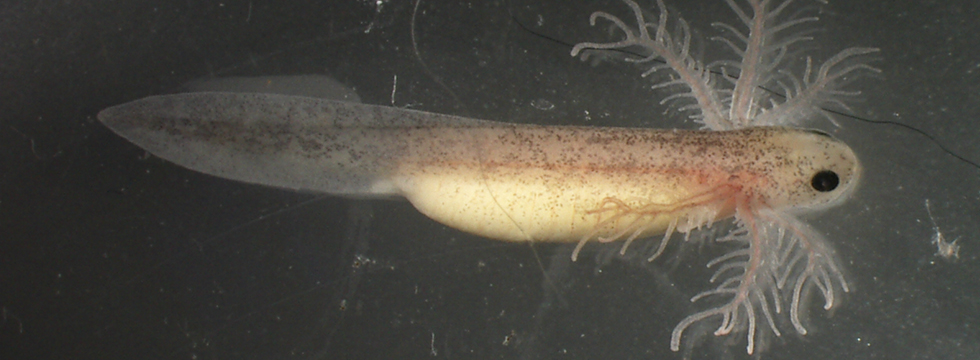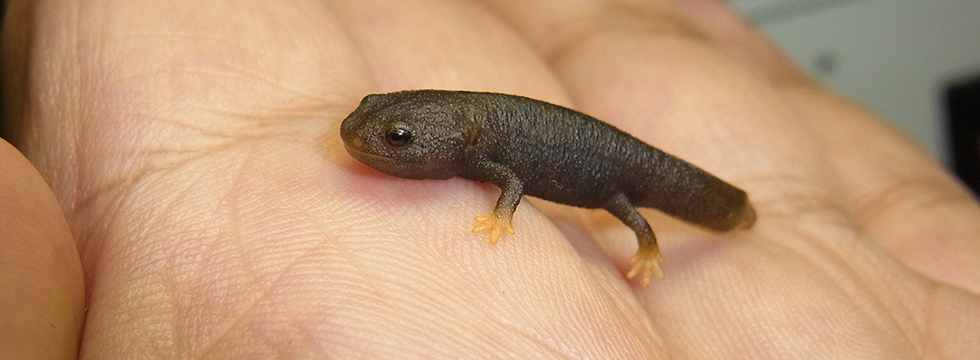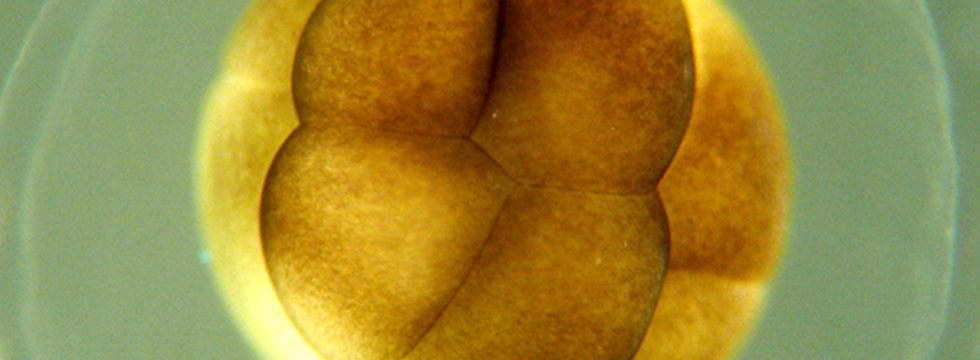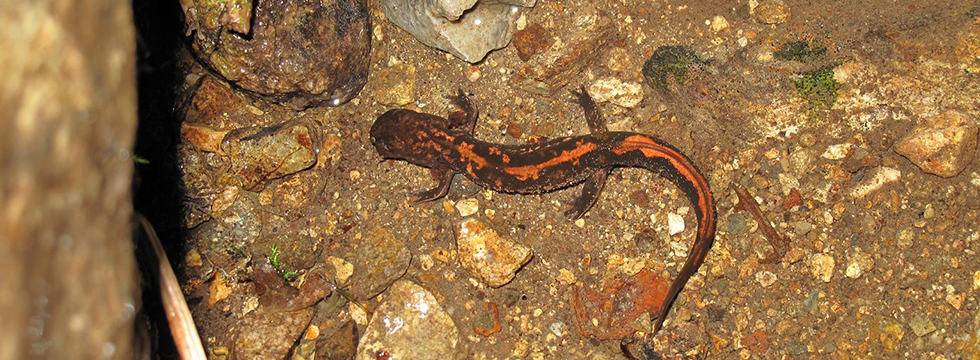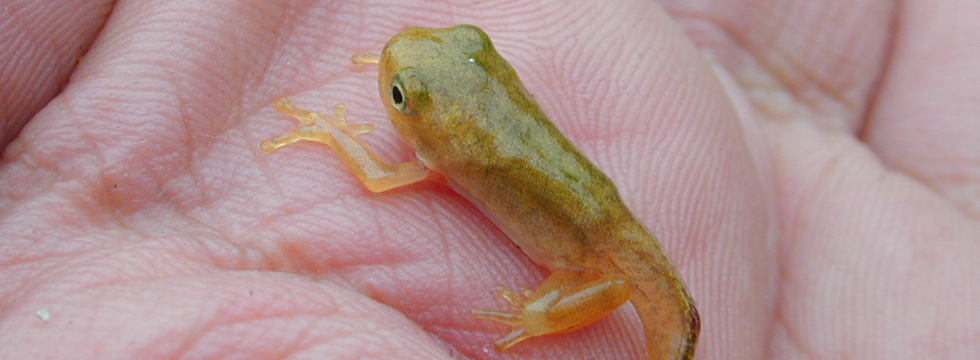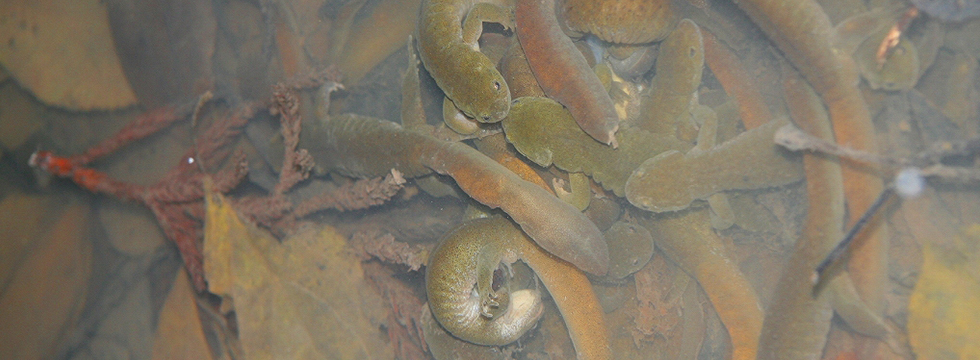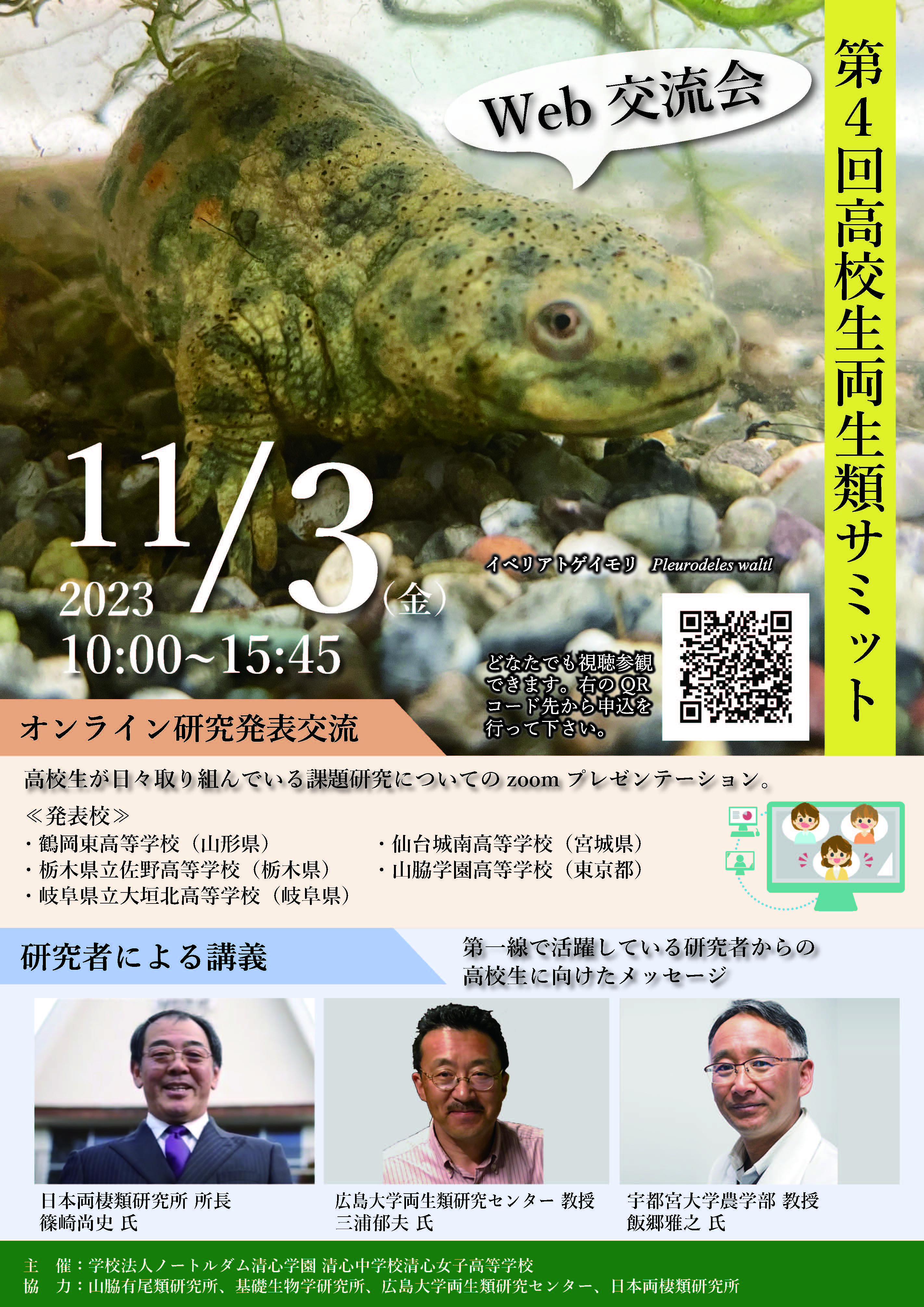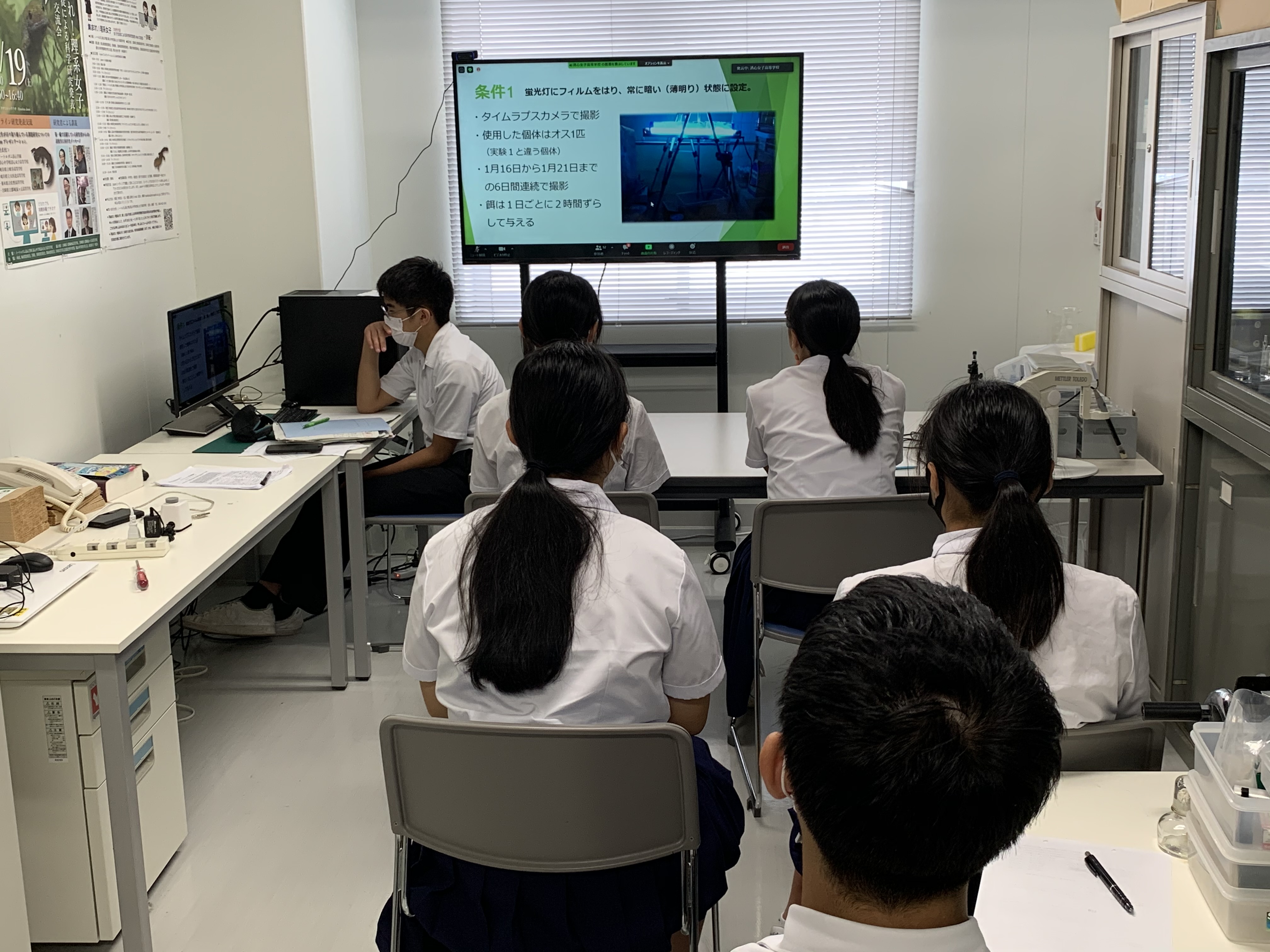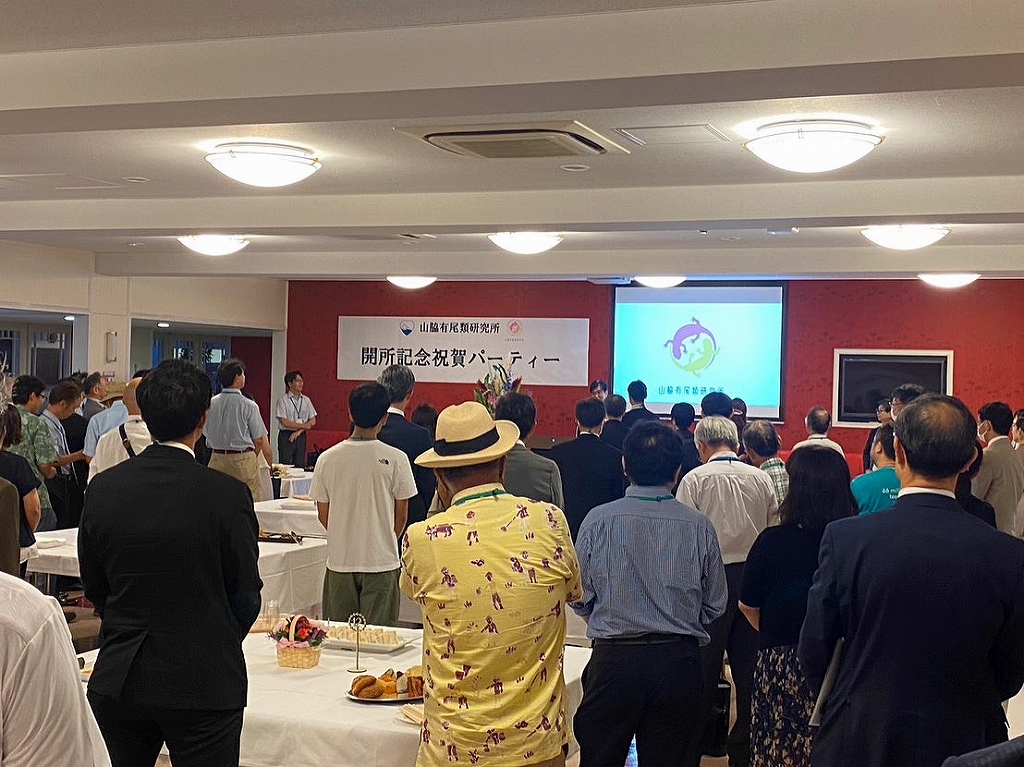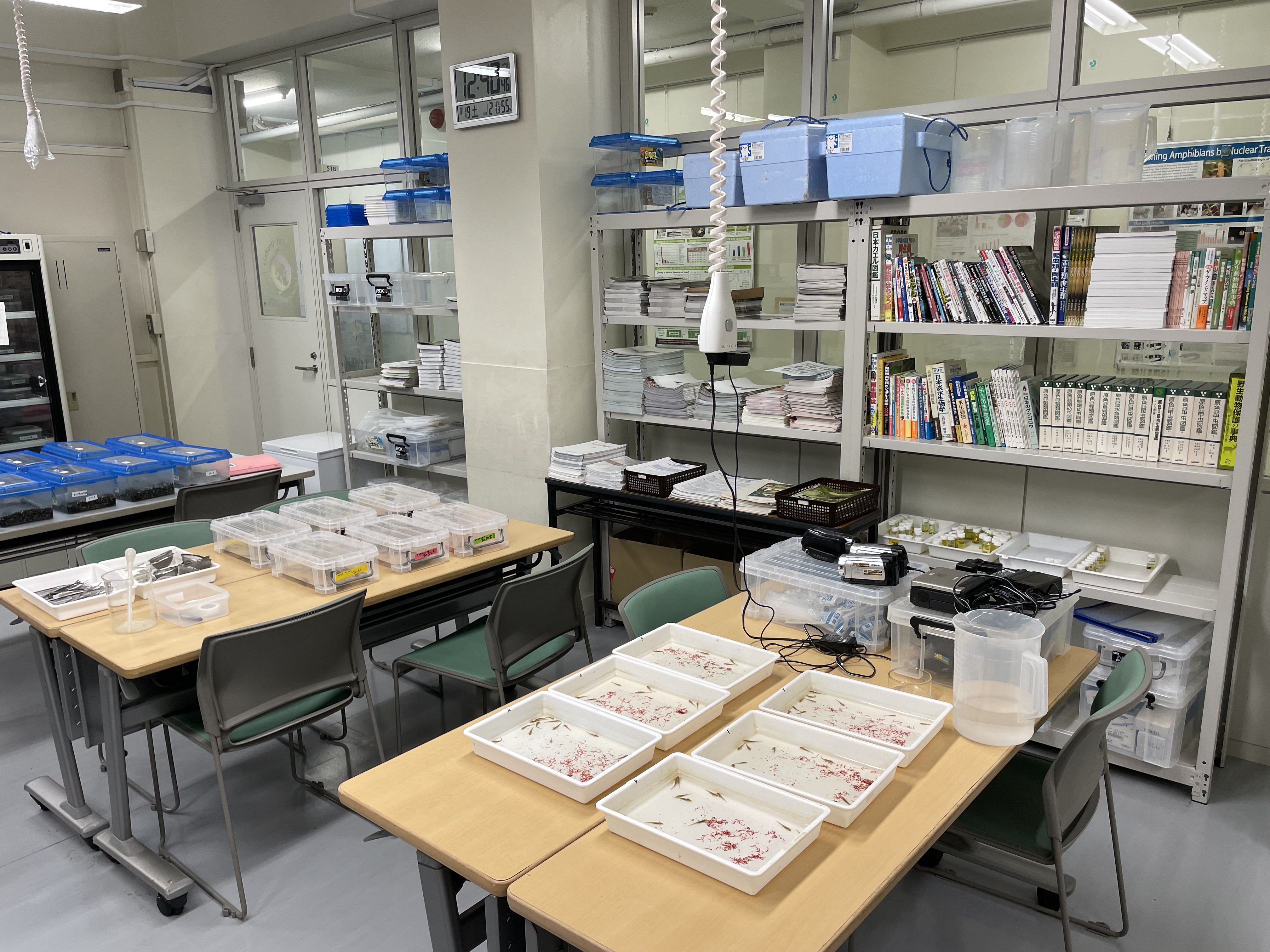Here in Japan, only a limited number of females are active in scientific fields. As a result of cultural norms and historical circumstance, our country has held a negative attitude toward women’s participation in prominent academic occupations. A white paper from the Ministry of Education showed that even elementary school students have strong ideas of gender roles. The paper pointed out that “all children are having fewer and fewer opportunities for contact with nature and the world beyond the home, the kind of experiences that are crucial for children’s further development.” Having less contact with nature might be one of the main causes for children’s – and especially women’s - decreased interest in science fields.
Seventh graders were asked, “Do you go catching insects?” 59.3 percent of boys interested in science answered “yes”, whereas only 35.9 percent of boys with no interest in science answered “yes”. The girls’ reactions were very different from those of boys. Only 35.9 percent of girls interested in science answered “yes, I go catching insects” whereas 27.7 percent of girls without interest in science answered “yes.”
The survey indicates that girls are likely to have much less contact with nature compared to boys, most likely due to biased views of gender roles. When students do experiments in class, girls are likely to assume assisting roles to boys, and not take on leading roles. The fact that only a limited number of girls take courses in science is, I believe, in part a result of their limited opportunities for experiencing nature. So, in order to increase the number of female scientists, we need to have programs that enable girls to experience nature first hand.
Seishin Girls’ High School AKIYAMA Shigeharu

